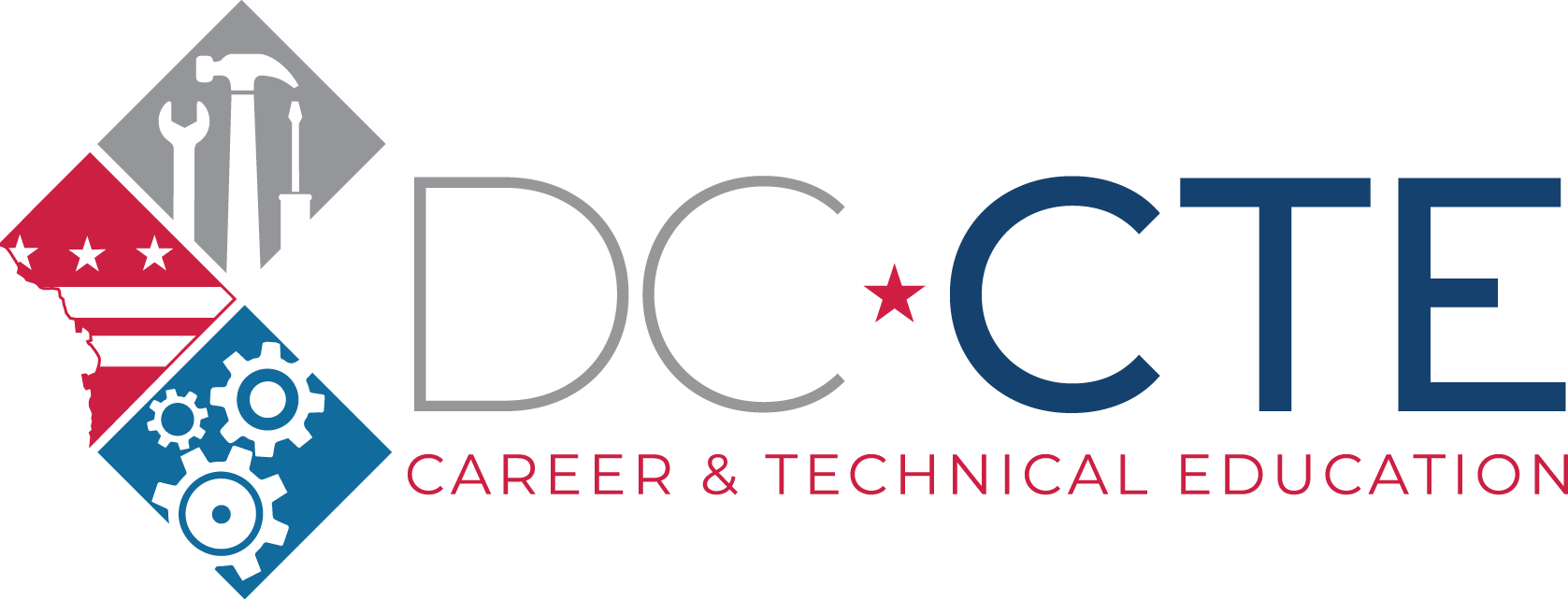Overview
Computer-integrated manufacturing, or CIM, is making “factories of the future” a modern-day reality by using computers to control an entire production process. The industrial engineers who work in CIM automate functions that were previously performed manually, including analysis, design, distribution, inventory control, planning and purchasing.
Labor Market Information
Jobs in this field are projected to grow 8 percent by 2028, as companies seek to improve efficiencies through automation in their manufacturing. Industrial engineers make $74K per year on average in the DC metro area. Entry level jobs require a bachelor’s degree. And there are 18 job openings annually in the DC metro area. For more information on LMI data click here.

